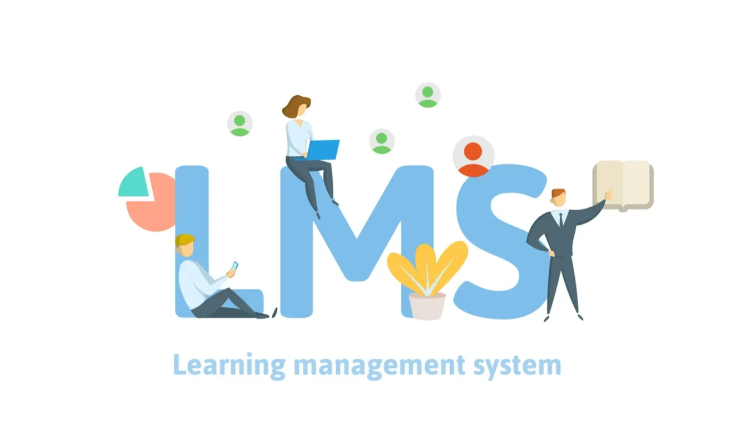LMS Online Education: The Future of Learning
In today’s digital age, technology has revolutionized the way we learn and access education. The rise of Learning Management Systems (LMS) has transformed online education into a dynamic and interactive learning experience. LMS platforms offer a wide range of features and functionalities that enable learners to access high-quality educational content from anywhere in the world. In this article, we will explore the benefits and features of LMS online education, and how it is shaping the future of learning.
Benefits of LMS Online Education
1. Flexibility and Convenience
One of the most significant benefits of LMS online education is its flexibility and convenience. Learners can access educational content from anywhere in the world, as long as they have an internet connection. This makes it easy for working professionals, stay-at-home parents, and students who live in remote areas to access high-quality education without having to relocate or commute.
2. Cost-Effective
Another major benefit of LMS online education is its cost-effectiveness. Traditional brick-and-mortar institutions can be expensive, with high tuition fees, accommodation costs, and other associated expenses. LMS online education, on the other hand, is more affordable, as learners do not have to pay for accommodation, transportation, or other related expenses.
3. Interactive Learning Experience
LMS online education offers an interactive learning experience that is engaging and dynamic. LMS platforms provide learners with a range of multimedia content, including videos, animations, and interactive quizzes, which help to reinforce learning and make it more enjoyable.
4. Personalized Learning
LMS online education offers personalized learning experiences that are tailored to the needs of individual learners. LMS platforms use artificial intelligence and machine learning algorithms to analyze learner data and provide personalized recommendations for educational content, based on their learning styles and preferences.
Features of LMS Online Education
1. Course Management
LMS platforms offer course management features that enable instructors to create, manage, and deliver high-quality educational content. Instructors can create course modules, add multimedia content, and set up interactive quizzes and assessments.
2. Collaborative Learning
LMS platforms offer collaborative learning features that enable learners to interact and collaborate with their peers. Learners can participate in discussion forums, group projects, and online study groups, which help to reinforce learning and provide learners with a supportive learning community.
3. Progress Tracking
LMS platforms offer progress tracking features that enable learners to monitor their learning progress and performance. Learners can view their scores, grades, and feedback, which help them to identify areas where they need to improve and track their progress over time.
4. Certification and Accreditation
LMS platforms offer certification and accreditation features that enable learners to earn recognized qualifications and credentials. LMS platforms partner with accredited institutions and organizations to offer accredited courses and programs, which are recognized by employers and industry bodies.
Conclusion
LMS online education is transforming the way we learn and access education. Its flexibility, cost-effectiveness, interactive learning experience, and personalized learning features are making it an increasingly popular choice for learners around the world. As technology continues to evolve, we can expect to see even more innovative features and functionalities that will further enhance the learning experience and make it more engaging and interactive. The future of learning is bright, and LMS online education is at the forefront of this exciting new era.

